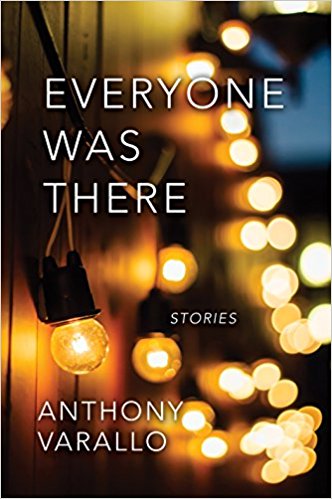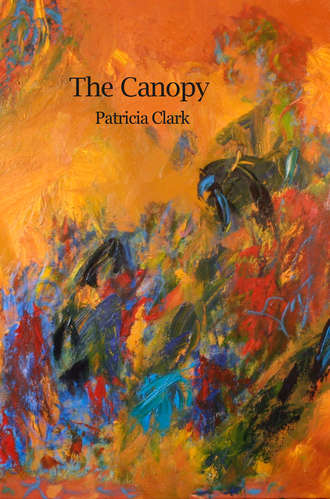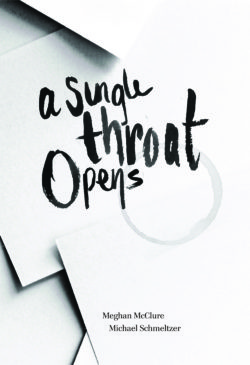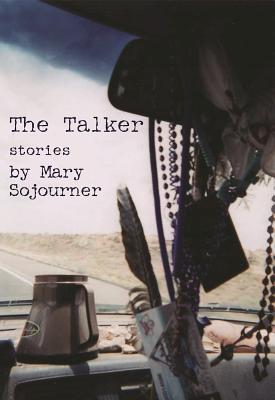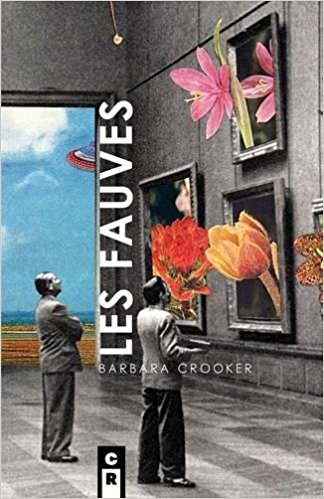One of the most important realizations of my life was that people are not one way, that they often do and say conflicting things not out of malice or to deceit, but because it a necessary part of the ever-changing human condition. There is a sort of dialectic behavioral therapy that must take place within all of our minds when we consider that good people can do very bad things and bad people can do very good things. This is the dynamic nature of humanity. It is unavoidable. It might be the only unchanging and shared characteristic of humanity.
And it is for this reason that I am drawn to literary fiction. There often isn’t a clear line between good and bad. The characters in literary fiction make terrible choices and deal with the repercussions. As a reader and editor, I want to read stories that sink deep into these chasms between right and wrong, stories that teach us something about what it means to be fallible and imperfect. I want to read stories that challenge me, that make me so angry I hold my breath until the final sentence, so sad that I think of the characters long after I finish the stories. I want to see myself and my flaws laid out before me. I want to read narratives that do not pass judgement but present a situation and ask me to consider a point of view I may never have arrived at myself.
Literary fiction is a conversation between all of the writers in the world, constantly arriving at theses only to have them blown up and reordered by the next. Show me a side of humanity only you can construct, the things that make your perception unique.
But above everything, I want to feel something. I want to finish a story, let take root in my brain and change my long-held beliefs. Whether it is characters, setting, plot, language, form, it doesn’t matter. The stories that stick with me are the ones that make me think about life in a way I couldn’t or wouldn’t. This is the goal of fiction, and this is the fiction I want to see adding to the literary conversation.

Spencer Litman is the fiction editor for Issue 23. He is a fiction writer and essayist living in Phoenix with his wife, Kristine, and his two children, Jayden and Aubrey. He is finishing his undergraduate degree in English with a creative writing concentration and hopes to attend an MFA program somewhere cold, with pine needles and snow.


